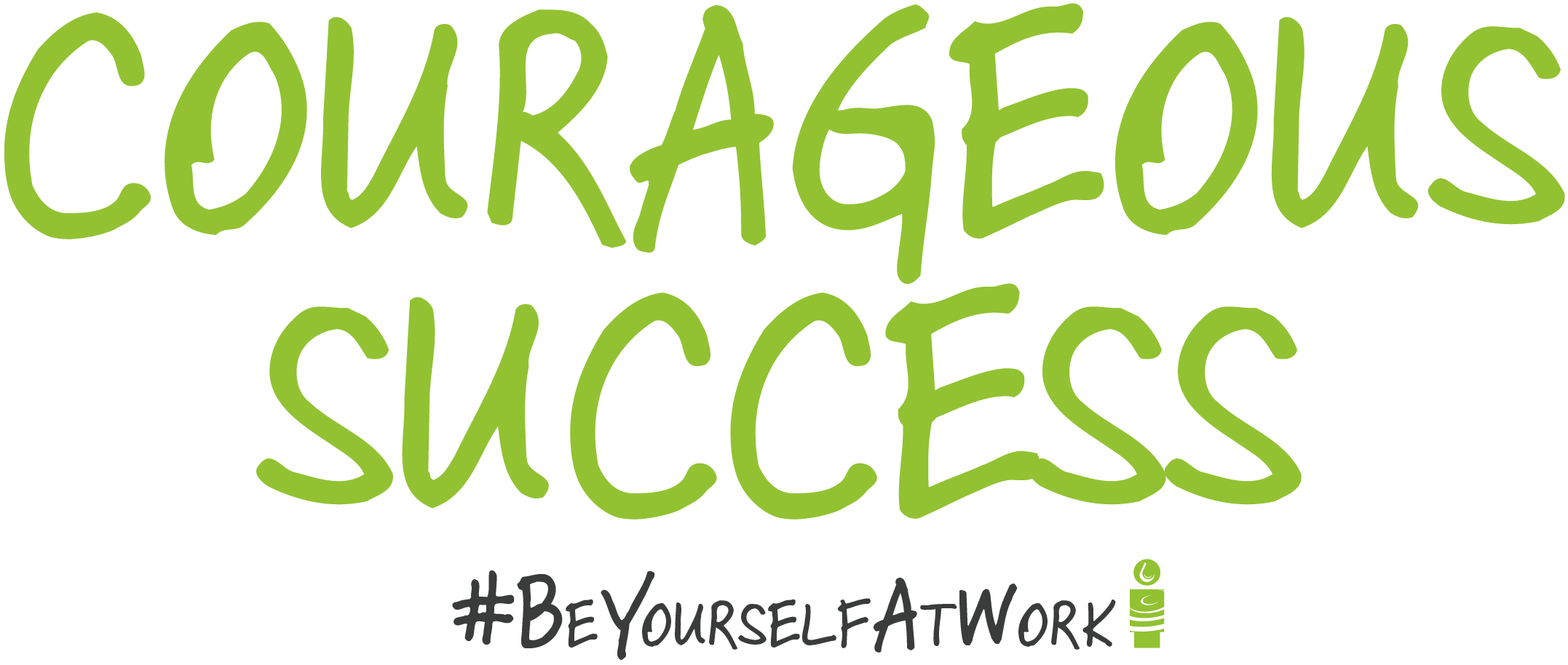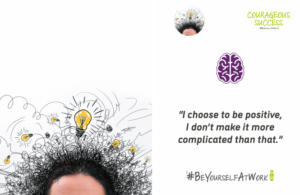Only a quarter of people fully accept a compliment.
(#beyourselfatwork 2020 global study Courageous Success)
 This week I have heard or read the classic share of ‘putting your oxygen mask on first’ 6 times. I actually find it quite annoying because it’s so outdated. My tolerance for a lack of innovation aside (!) reminds us that we really do need to look after ourselves. Some of us may not be able to get our hair cut yet, but all of us have the opportunity every day to do an inside out grooming session.
This week I have heard or read the classic share of ‘putting your oxygen mask on first’ 6 times. I actually find it quite annoying because it’s so outdated. My tolerance for a lack of innovation aside (!) reminds us that we really do need to look after ourselves. Some of us may not be able to get our hair cut yet, but all of us have the opportunity every day to do an inside out grooming session.
Last September I ran a webinar where 93% of people reported high levels of imposter syndrome.
‘Impostor syndrome (also known as impostor phenomenon, impostorism, fraud syndrome or the impostor experience) is a psychological pattern in which an individual doubts their skills, talents or accomplishments and has a persistent internalised fear of being exposed as a “fraud”’. (Wikipedia).
Also shared is that ‘while early research focused on the prevalence among high-achieving women, impostor syndrome has been recognized to affect both men and women equally’.
It’s time to look within and galvanise a greater resilience. The pandemic has challenged us. We all can suffer from self-doubt and a sense of despondence even in normal times. If we can create a habit of growing our inside world to be more positive, then we can unlock our ability to be more ourselves and make a difference in our world.
A few questions for you to reflect on your levels of imposter syndrome;
- Are you fully yourself with everyone unguarded?
- Do people have to prove their competence, or trustworthiness to you?
- Do you feel that you need to prove your competence at work?
- Do you believe that you are professional at work by being the real you?
- Do you use recognition from others to boost your confidence?
- Do you need to always plan and control your approach?
Those without imposter syndrome are the same person at work and at home. They do not change their approach when with those seniors to them. They do not compare themselves to others.
The trick is to let go, use your self-awareness and worry less about the impressions that you create.
Interestingly the BBC this week shared an article in their business section online sharing research that ‘The behaviours that ‘imposters’ exhibit in an attempt to compensate for their self-doubt can actually make them good at their jobs.
Basima Tewfik, assistant professor of Work and Organization Studies at the Massachusetts Institute of Technology, shared her upcoming report, the first of its kind to identify tangible benefits that can emerge from workplace imposter thoughts, Tewfik posits that one of the main definers of imposter syndrome is a gap in how individuals perceive their own competence compared to how competent they actually are. Tewfik wanted to find out how that perceived competence gap might impact imposters’ careers – both in terms of the quality of their work and their social standing among colleagues.
To summarise the findings, if you feel the Imposter Syndrome you work harder to plan, prepare and get things right. Less slapdash and the seat of the pants and more controlled, practice and effort. Interesting! So long as it doesn’t lead to a control strategy!
In my work, I see fewer benefits and more challenges to those living with Imposter Syndrome both for individuals and for workplace culture. The conformity creates the feeling of everything needing to be ‘professional’, gagging realness and humanness. It makes us doubt and question our approaches and validity.
A good grooming session of your internal dialogue with yourself and your reactions and confidence will do wonders for unleashing the best of you to make a difference at work.
Be you.

